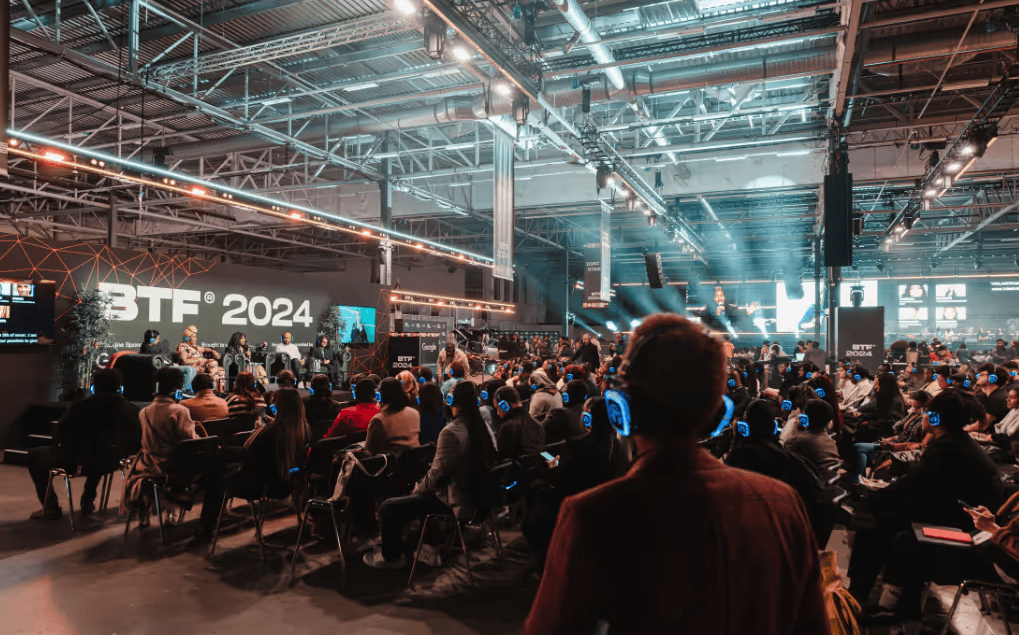UK Government Declined To Speak At Black Tech Fest For The First Time

On Friday, October 9, Black Tech Fest (BTF) hosted its fifth annual festival, which brings tech professionals, creatives, and academics. BTF hosts a range of workshops and talks by some of the biggest names in the tech and creative industry.
For the first time since its existence, the UK government declined BTF’s invitation to speak at the festival. BTF planned to ask the UK government questions related to biases in AI, mandatory ethnicity pay gap reporting, and the DEI pullback.
As a festival that champions diversity and inclusion, it was only fitting to host a discussion analyzing the rollback of DEI initiatives in the tech industry. The real truth about the pull-backs discussion hosted by Hanna Naima McCloskey, Founder & CEO of Fearless Futures.
The panel featured writer & social advocate Yassmin Abdel-Magied, Techish host and founder & CEO, Hustle Crew Abadesi Osunsade, and principal and advisor Ebele Okobi.
Here are some interesting takeaways from the discussion.
DEI was always performative
Following George Floyd’s death, the tech industry witnessed a surge in pledges from companies vowing to boost diversity within the industry. New research from Cornell University found that the temporary rise in funding for Black startup founders after George Floyd’s murder was primarily driven by investors who had never previously backed a Black entrepreneur, and most showed only surface-level support.
Did these companies ever care about DEI in the first place?
Okobi finds this moment somewhat refreshing because companies are no longer hiding behind false promises and intentions. “I think it was in 2016 or 2018, I can’t remember who had been recently murdered. But there was this moment at Facebook where I remember the employees, we all rose up, and someone had left Facebook and said, You know, Facebook doesn’t care about black people.”
“I remember in that moment, there was all of this uproar from people saying this absolutely, that is not true. I think there’s something refreshing in this moment about it being clear, no, that legal organizations don’t care.”
People feel silenced
As the anti-DEI wave continues to take over in the US and small pockets in the UK, people who advocate for change are feeling scared to speak up in the workforce. “A lot of the people that I used to work with, who were leading DEI programs and startups and scaleups, were some of the first people to be laid off when restructuring reorgs,” Osunsade says.
“I think with that energy in the workplace, a lot of people are very much trying to keep their head down, not challenge the status quo, because they fear that it will put a target on their back.”
The power of language
The rollbacks of DEI initiatives are bigger than just the workplace, and Abdel-Magied believes we have to be intentional about “the power of language, and how we can reclaim that. “How can we talk about what’s actually happening as not just kind of like a dei pushback, but how can we talk about it as, like, the exertion of white supremacy, the kind of reinforcement of, you know, hierarchies?”
Abdel-Magied believes that being able to talk clearly about what is happening around us is a vital part of being able to do something about it.
Image: Black Tech Fest



